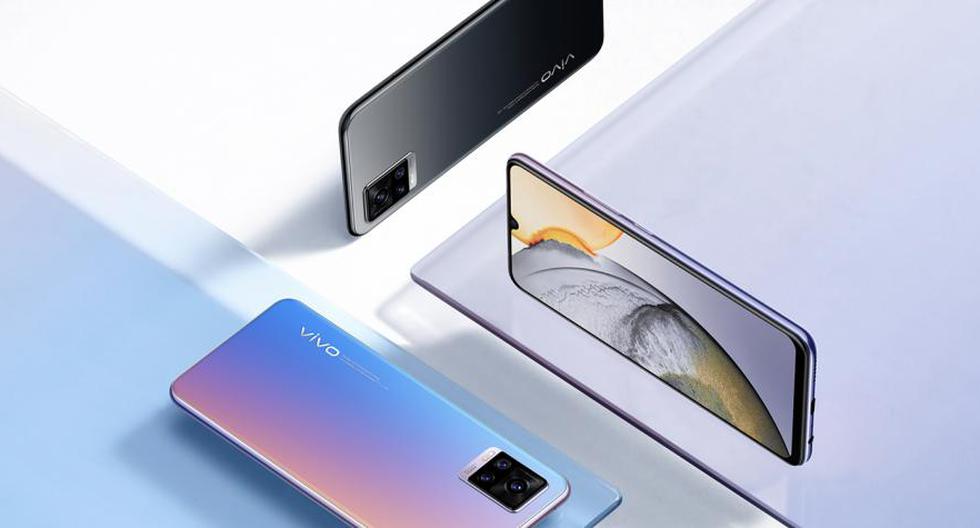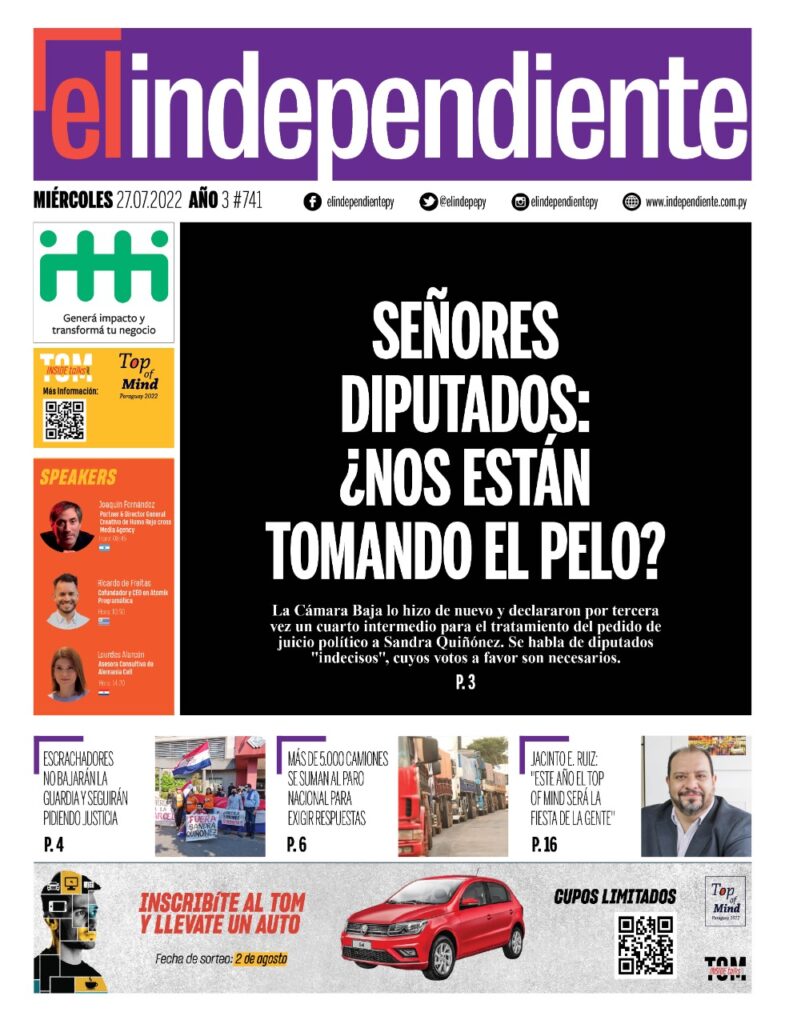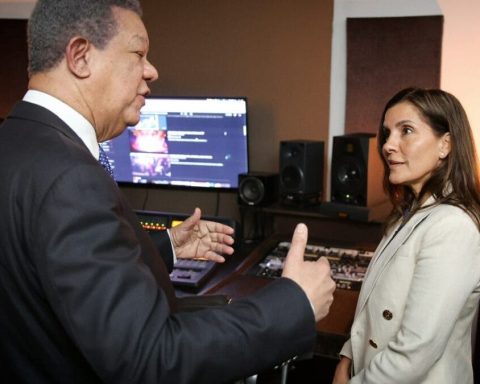In a new reality that is increasingly interconnected within an environment of constant transformation, users require more flexible solutions that allow them to carry out their daily tasks, interact and collaborate remotely with others, more quickly and easily. For this reason, smartphones they are almost permanently in development and technological improvement.
Currently, the Artificial intelligence (AI) continues to be a crucial tool in the mobile phone industry, combining algorithms to create devices with processing capabilities similar to those of humans and drawing on scientific disciplines such as Neuroscience, Psychology, Mathematics and information technologies, among others. With this paradigm, livea technology company, seeks to improve aspects such as photographic performance, connectivity, energy efficiency and data processing, so that they are useful for multiple industries, not just mobile.
LOOK: Artificial Intelligence: Opportunity or Threat for Data Center Teams?
Better photos and video: a commitment to futuristic optics
Today, optical innovation is key in photographic and videographic research and development (R&D). In this sense, vivo seeks to strengthen its leadership with a long-term alliance with ZEISS, a pioneer in optoelectronic solutions. This in order to offer devices with innovative features such as high transmission lenses with great performance and quality, which are complemented by algorithms and AI tools developed together with vivo experts.
Custom Chips: Speed and Power Efficiency
vivo has been adding solutions in photography for more than five years, such as V1, a custom integrated circuit chip dedicated to image and video applications with first-class visual quality, which optimizes applications such as the appearance of the viewfinder and audiovisual recordings. For future models, vivo developed the V1+ chip, which will have three characteristics: good programming to perform tasks more smoothly, high processing speed, and energy efficiency that will reduce battery consumption by approximately 72%. Also, through chipsets from manufacturers such as Qualcomm and MediaTek, vivo implements AI for more intelligent use in video games and photography.
AI: a very helpful butler
Vivo constantly researches and develops AI. For example, in 2018, it launched “Jovi”, a virtual assistant that provides users with personalized and interactive services for decision-making: it can provide reminders, useful information for personal care, offer a warm welcome or timely information on events of interest. To date, Jovi has been used by 327 million individuals, supporting more than 1,000 scenarios in daily life, travel, work, entertainment, parenting, health, and more.
Other trends in AI
During this year, vivo specialists predict that the performance of AI solutions will double, as the technology advances. Innovation is already a tangible reality that is being developed in multiple areas such as smartphone camera systems, visual rhetoric for knowledge, and automation in learning processes. For example, the semantic analysis of language or improvements in image systems will allow a more optimal allocation of resources.
The algorithms executed on artificial intelligence are becoming more and more sophisticated and therefore offer an increasingly pleasant and satisfying user experience. Consumers may be unaware of every detail that makes up their mobile phone; however, it is the result of the work of leading organizations in its industry that translate into a product whose internal and external characteristics facilitate the daily lives of millions of people.
To learn more about vivo’s portfolio, enter here.
RECOMMENDED VIDEO
:quality(75)/cdn.jwplayer.com/v2/media/w1pqRTfa/poster.jpg)
















